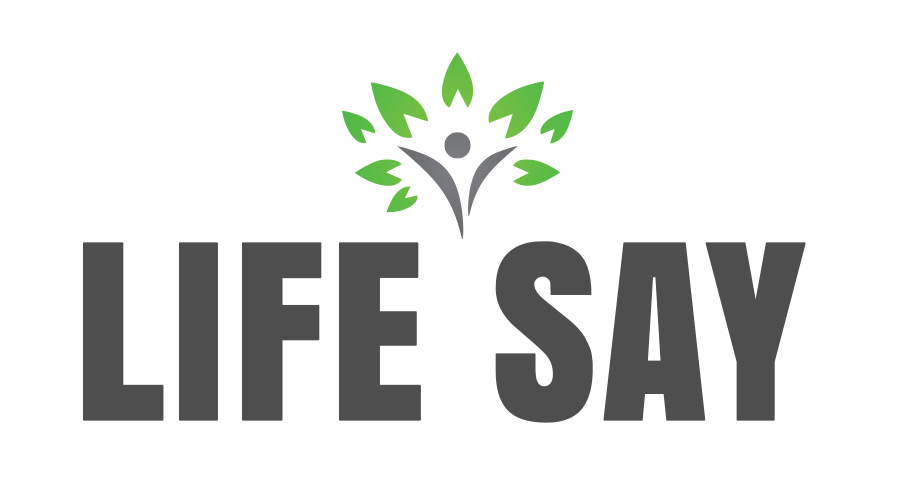Women who struggle to ovulate often turn to natural methods for inducing or increasing ovulation. While there are a variety of medications that can stimulate ovulation, dietary changes and herbal supplements may also help.
Ovulation-boosting foods include slow carbohydrates digested slowly to promote fertility and avoid over-stimulating the body. Chaste tree berries are another common remedy that can stimulate ovulation.
Increased Fertility
Every month, when you ovulate, you have a small window of about six days or so during which sperm can meet and fertilize an egg. If you have regular cycles with predictable ovulation, your chances of getting pregnant are much higher.
How to force ovulation naturally? There are many ways to force ovulation naturally, including lifestyle changes and herbal remedies. You can also use medications, like hCG injections and Clomiphene citrate, to increase the likelihood of ovulation.
Keeping to a regular diet can also help. It would help to eat lots of vegetables and fruits rich in nutrients, especially those high in antioxidants. Consuming foods rich in omega-3 fatty acids, such as salmon and flaxseeds, can promote reproductive health. Zinc deficiencies have been linked to infertility in both men and women, so consuming 15 mg of zinc daily can help improve fertility. Folic acid and Vitamin B6 are also good for fertility. These can be found in eggs, whole grains, peas, beans, and other vegetables and fruits.
Chaste tree berries have been used in homeopathic medicine to help regulate menstrual cycles and stimulate ovulation. They are rich in iron and folate. Exercise can also improve fertility. Even low to moderate-intensity activities like walking or swimming can boost your metabolism and reduce stress.
Reduced Risk of Miscarriage
Regular menstrual cycles and ovulation are good signs that your hormones are healthy. Suppose you don’t ovulate (anovulation) for some reason, even though your uterus may have a normal size. In that case, you are missing out on the benefits of progesterone, which helps to thicken and prepare the womb for pregnancy.
The good news is that you can naturally boost your chances of ovulation by promoting hormonal balance and healing the underlying cause of anovulation. Some effective ways to achieve this include maintaining a healthy diet, getting sufficient sleep, and taking specific supplements.
Anovulation can often be a symptom of an imbalance in the hormones estrogen and progesterone. Those imbalances can increase your risk of breast cancer, osteoporosis, and early heart attack. Anovulation can also be a sign that you have polycystic ovary syndrome (PCOS). There are several natural methods for encouraging ovulation, including charting cervical fluid, basal body temperature, and ovulation with the help of a Fertility Awareness Method (FAM) instructor and testing for a rise in luteinizing hormone. Acupuncture, herbal treatments like Job’s Tears and Tribulus Terrestris, and foods promoting ovulation can also be helpful.
Better Sleep
Sleep is important for both men and women. Still, it’s particularly vital to fertility because it triggers a daily release of reproductive hormones, such as luteinizing hormone in women and sperm maturation in men. Studies show that long-term lack of sleep disrupts these hormones, which can cause irregular menstrual cycles that make it harder to conceive.
Getting a good night’s rest is one of the best ways to boost your egg quality and fertility, so try to sleep for around 7-9 hours every night and wake up at the same time each day. In addition, drinking plenty of water and avoiding caffeine and alcohol benefit egg health. You may also benefit from supplements such as omega 3s (which preserve fertility and increase egg quality), Coenzyme Q10, melatonin, and folic acid.
Weight Loss
Ovulation is arguably the most important part of a woman’s menstrual cycle. It’s the climax-literally of every process, and it can be frustrating when it seems that your body isn’t ovulating as it should.
The good news is that there are ways to help your body trigger ovulation naturally. It starts with balancing hormones, and the best way to do that is through regular exercise, healthy eating habits, and getting enough sleep. You can also use certain supplements and foods shown to promote ovulation.
Eating plenty of protein is another key to hormone regulation and consistent ovulation. You can include cold-water fish, lean meats, eggs, and plant proteins in your diet. Eating the right amount of protein helps you maintain a healthy weight, crucial to hormonal balance and ovulation. It’s also important to cut out processed sugar, which can disrupt insulin levels, and affect hormone balance, as well as gluten, leading to gastrointestinal issues. These habits can improve your mood and reduce PMS symptoms such as bloating, breast tenderness, and abdominal pain/cramping (mittelschmerz).
Reduced Stress
The hormonal changes during ovulation can cause high stress levels and disrupt the normal hormone balance. Fortunately, there are natural ways to reduce tension in the body, such as regular exercise, healthy eating, and meditation techniques like breathing exercises.
Studies have shown that women who experience higher levels of daily stress have a greater risk of irregular menstrual cycles and anovulation. A diet including fresh fruits and vegetables, whole grains, and lean protein can improve insulin sensitivity and regulate menstrual cycles.
Supplements such as inositol, folate, vitamin D, omega-3 fatty acids, N-acetyl cysteine, and chromium can also help to improve the balance of hormones that affect ovulation. Regular exercise can also help to enhance hormones and make it easier to ovulate, increasing the chance of getting pregnant. Try to keep your stress levels as low as possible to help you get pregnant. It can be difficult, but there are many techniques that you can use to reduce your stress levels, such as meditating or taking time out to relax.


